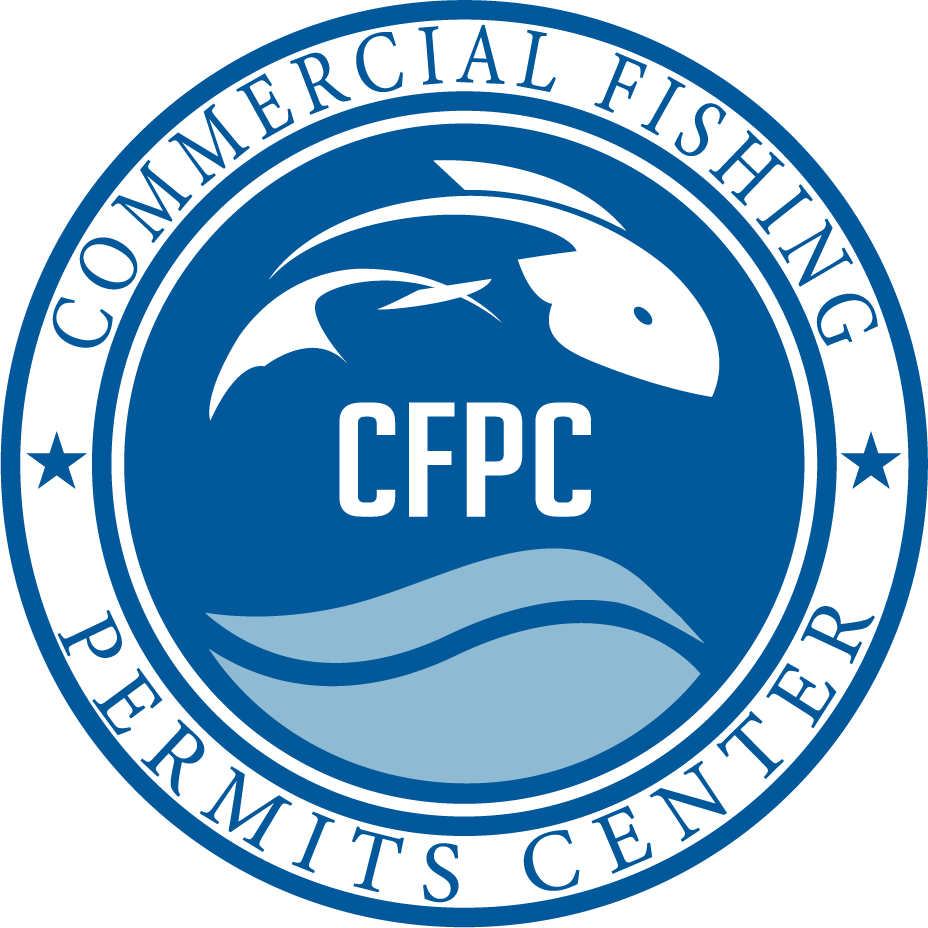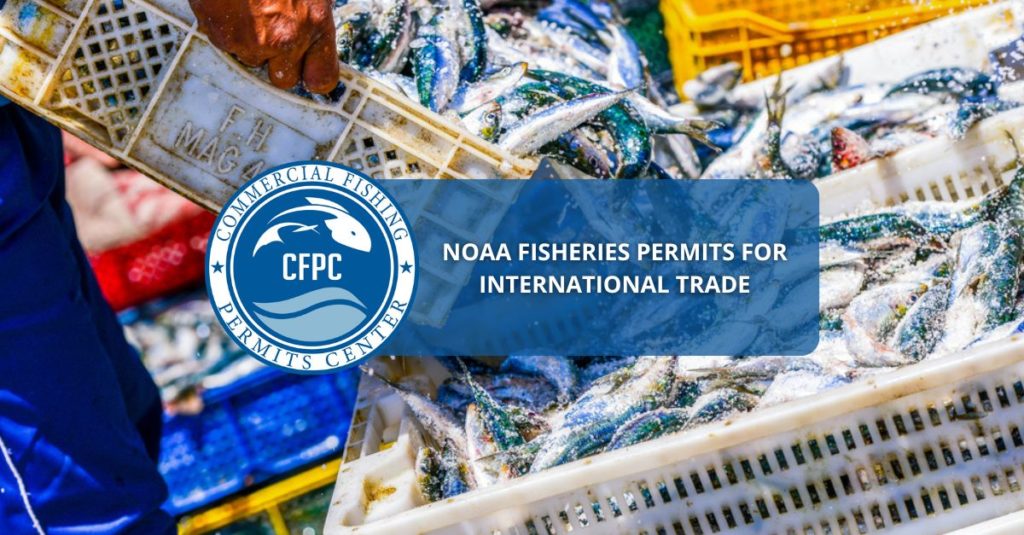Commercial fishing in the United States is regulated by the National Oceanic and Atmospheric Administration, or NOAA, and permits are required to engage in the trade. NOAA fisheries permits are something you should be familiar with if you are a commercial fisherman, including import and export businesses. Whether you’ve been operating for years or you are new to commercial fishing, this guide will give you an overview of what you need to know about permits for international trade.
What are Permits for International Trade?
To work in the export, import, or re-export of fishing products, you will need an International Fisheries Trade Permit (IFTP) to legally operate your business. This permit hasn’t always been used but is now as the transition is made from paper-based permits to digital permits. The IFTP replaces the following permits:
- Highly Migratory Species International Trade Permit
- Antarctic Marine Living Resources Dealer Permit
The regulations for the IFTP require the permit for the following programs:
- Tuna Tracking and Verification Program or 370 Program
- Seafood Import Monitoring Program
If you import and export, you only need one permit to trade in any of the fish species that fall under four trade monitoring programs.
Monitoring Programs
The seafood monitoring programs are designed to keep records and report data regarding certain fish species and prevent overfishing and prevent illegal activities involved in the commercial fishing business. The Seafood Import Monitoring Program traces and reports harvests in the United States when it comes to certain types of fish. They are as follows:
- Abalone
- Atlantic cod
- Blue crab (Atlantic)
- Dolphinfish (Mahi Mahi)
- Grouper
- King crab (red)
- Pacific cod
- Red snapper
- Sea cucumber
- Sharks
- Shrimp
- Swordfish
- Tuna (Albacore, Bigeye, Skipjack, Yellowfin, Bluefin)
These are species that have been deemed vulnerable and are legally protected to ensure a continued supply.
The Tuna Tracking and Verification Program is part of the Dolphin Protection Consumer Information Act, which works to keep dolphins safe from injury or death as a result of commercial fishing near their habitat. It also regulates whether fishing companies can call their fish “dolphin-safe.” A captain statement is required to verify that tuna was caught using practices safe for dolphins.
Application Information and Requirements
Applying for the IFTP is required and has certain guidelines that must be followed for approval. You must meet the following requirements to apply:
- U.S. resident or U.S. resident agent
- Importer, exporter
The permit must be renewed each year and kept somewhere safe on board your boat where it won’t get wet or damaged but can be easily accessed when necessary. You must have your permit number when filing an entry or export declaration for any of the species that fall under monitoring programs. You can apply for the IFTP online, which speeds up the process and makes it easier to get done.
Are you ready to apply for NOAA fisheries permits for international trade? It can be a bit overwhelming so having some assistance comes in handy. Contact the Commercial Fishing Permits Center today for help navigating the waters of the permit application and for any of your other commercial fishing questions or needs.



No Comments
Be the first to start a conversation